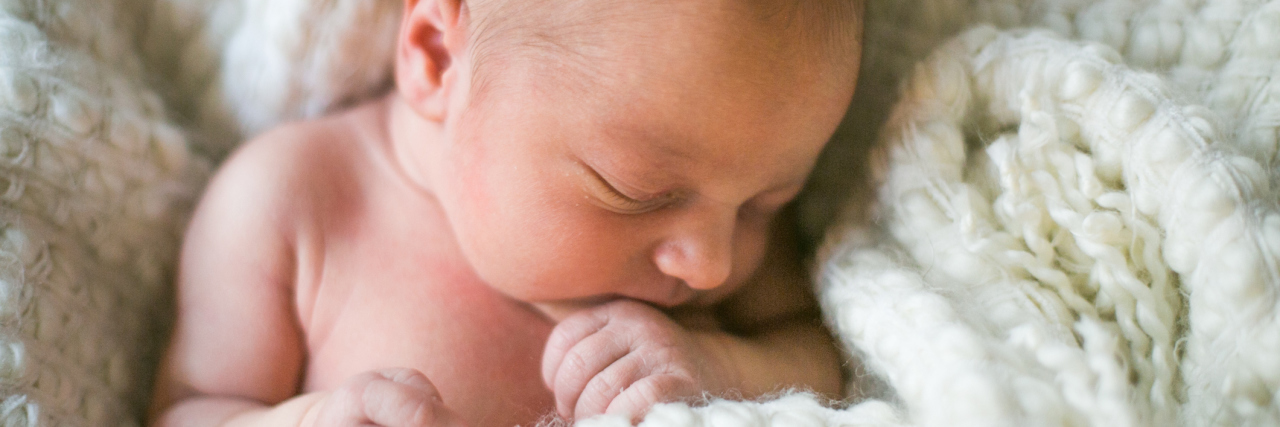Newborns Feel Pain: The Headline That Almost Triggered My PTSD
Yes, I admit it. This HuffPost headline, “Surprising Study Find that Newborns Feel Pain Just Like Adults,” nearly sent me into a PTSD tailspin when I read it. Not because this topic is one I’ve pushed down deep inside. No, I talk about this topic when presenting workshops about medical trauma in kids. I’ve written blog posts about it. I spent a good portion of 2015 writing about how newborns feel pain for my book, “Does My Child Have PTSD: What to Do When Your Child Is Hurting from the Inside Out.” Even so, that headline nearly triggered my PTSD. Here’s why:
1. The first line of the article.
It begins like this: “Many doctors believe babies’ brains are not developed enough to feel pain…” The story gives the impression that this concept is a new discovery. But studies in the early 1980s conclusively proved that newborns feel pain. Conclusively enough that the American Academy of Pediatric Surgeons change their surgery protocols in 1986.
2. The use of the word “surprising.”
The fact that newborns feel pain is not surprising to any parent who has accidentally jabbed a newborn with a diaper pin or clipped a tiny cuticle with fingernail clippers. Nor should it be surprising to any medical worker who had drawn blood from a newborn or inserted an IV. We’ve all seen newborns respond to pain with screams and cries.
3. The words “new understanding.”
As in: “The new understanding of infant pain processing has some significant implications. For one, it suggests clinical guidelines for infants undergoing painful procedures should be revisited.” Instead of repeating what’s already been said, reread item #1 above.
How I Coped
I could go on. But in the interest of maintaining my mental health, I will instead explain how I coped with the headline instead of letting it trigger my PTSD.
1. I showed the article to my husband.
He agreed it showed a shocking lack of understanding of the medical advances about newborn pain in the last three decades. Knowing that my outrage was justified helped.
2. I moved on to something else.
Instead of dwelling on the article, I filed it in my blog post idea folder for later. Then, I thought about other, healthier things. Like my delicious new grandchildren. And preparing for speaking engagements.
3. I returned to the article when I had a way to address it constructively.
My way of addressing this trauma trigger was to write this post. To share with you this information in the hopes of helping families laboring under the misconceptions this article perpetuates.
4. I looked for the positives.
The biggest positive I identified was that my book about PTSD in children is needed. Desperately needed. Realizing that truth renewed my resolve to share about the book whenever and wherever I can, even if people get sick of it. (If you are one of those people, please accept my sincere apologies).
How Do You Cope with PTSD Triggers?
Not every PTSD trigger is so easily dealt with, but I hope the above steps help you the next time you’re blindsided by a PTSD trigger. I’d love to hear how you cope when your PTSD is triggered.
Jolene Philo’s book, “Does My Child Have PTSD?” is available on Amazon.
Follow Jolene Philo at her website www.DifferentDream.com and on Facebook at A Different Dream for My Child.
Thinkstock image by KQconcepts

